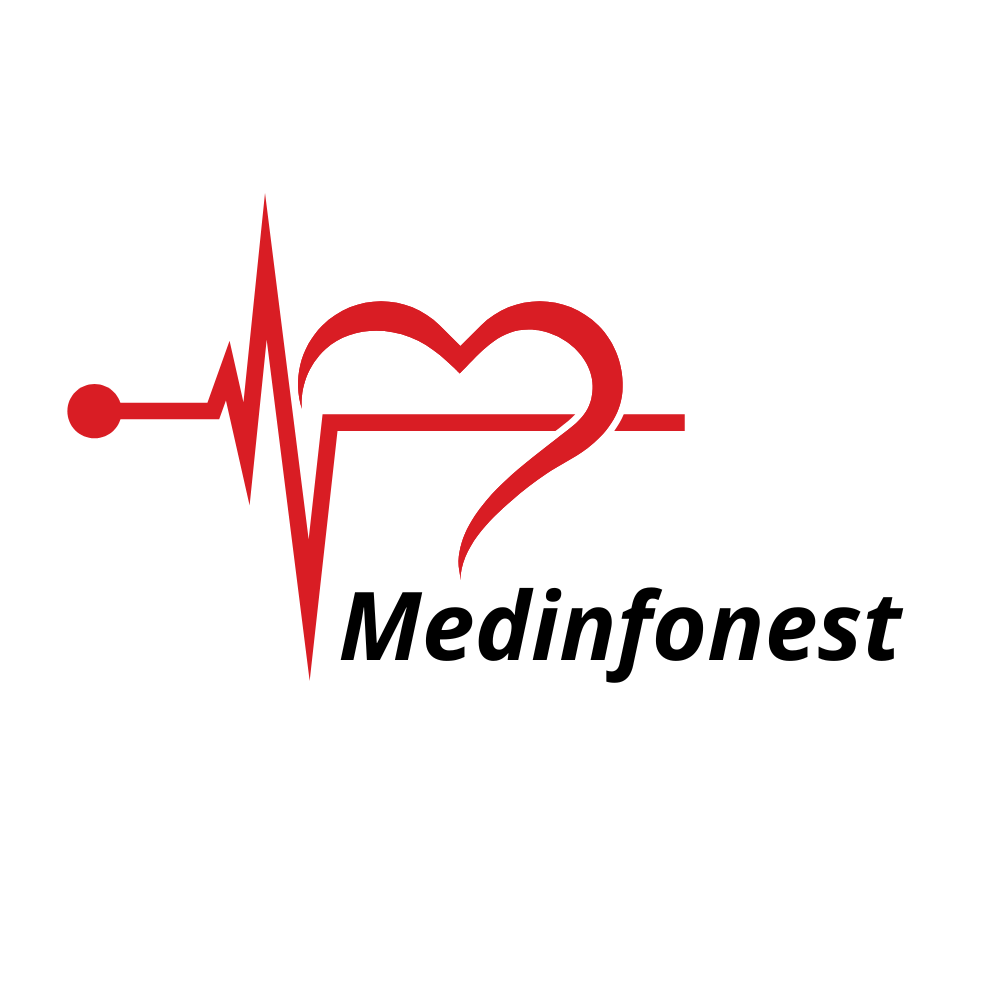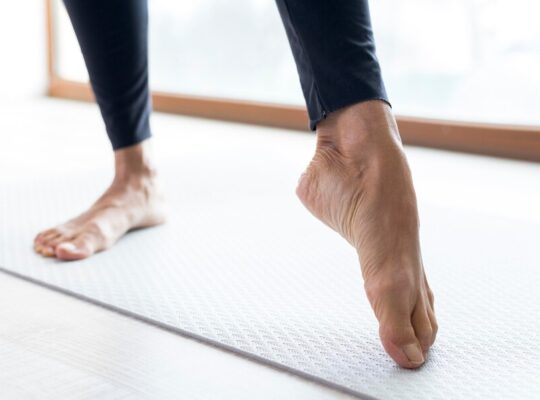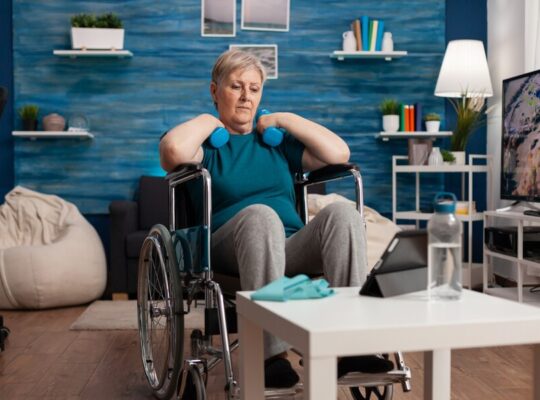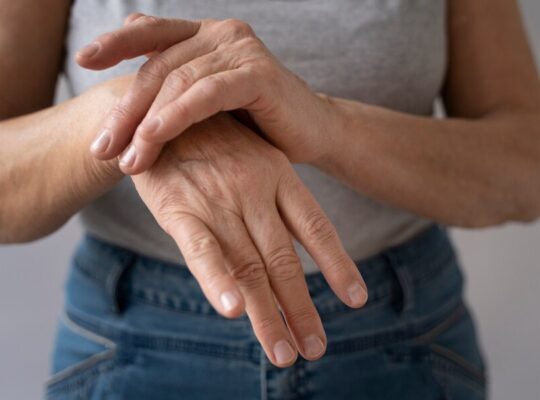Types
There are three major types:
- Obstructive Sleep Apnea (OSA)
This is the most popular variety. It occurs when the throat muscles relax excessively. This relaxation restricts airflow. - Central Sleep Apnea (CSA)
This happens when your brain fails to provide the correct signals to control breathing. - Complex Sleep Apnea Syndrome
This is a combination of obstructive and central sleep apneas. It requires specialized treatment.
Symptoms
Common symptoms include:
- Snoring loudly.
- Others observed episodes of stopped breathing.
- Gasping for air when sleeping.
- Waking up with a headache or dry mouth.
- Daytime sleepiness and tiredness.
- Concentrating is difficult.
Early detection is crucial for avoiding complications.
Causes and Risk Factors
Several variables contribute to the risk:
Excess Weight
Obesity is a major cause. Excess fat in the neck can obstruct airways.
Age & Gender
Older people and men are more likely to have this illness.
Lifestyle Choices
Smoking, alcohol consumption, and a poor diet all lead to increased risks. Adopting healthy behavior can help busy professionals avoid these hazards.
Medical Conditions
It is frequently associated with conditions such as chronic kidney disease (CKD), high blood pressure, and diabetes.
Diagnosis
Doctors use sleep tests to identify it. These tests measure your respiration, heart rate, and oxygen levels. Endoscopy can also assist in discovering airway blockages.
Complications
Ignoring this can cause serious health consequences, including:
- High blood pressure is one example of a cardiovascular condition.
- Strokes and heart attacks.
- Fatigue-related accidents during the daytime.
- Mood disorders include bipolar disorder and schizophrenia.
Treatment Options
The appropriate treatment depends on the kind and degree:
- Lifestyle Changes
Losing weight, exercising, and quitting smoking can help alleviate symptoms. A regular morning walk offers numerous benefits for enhancing sleep. - CPAP Machines
CPAP machines are commonly used for treatment. They maintain a constant flow of air as you sleep. - Surgery
Surgical options include removing extra throat tissue and fixing structural abnormalities. These procedures are frequently used after other therapies fail. - Oral Appliances
Mouthpieces can change the positions of your tongue and jaw. These devices keep the airway open.
Prevention
- Maintain a Healthy Weight
A well-balanced diet rich in nutrients, such as digestive vitamins, can aid in weight maintenance. - Manage Stress and Anxiety
Relaxation practices can help reduce stress levels. Reducing stress leads to better sleep quality. - Limit Alcohol and Smoking
Avoiding alcohol and smoking can help lower the chance of airway obstructions. - Regular Physical Activity
Exercises such as biceps and back development might help you achieve total fitness.
Sleep Apnea in Children
Children can also suffer from it, albeit the symptoms are different. Common reasons include enlarged tonsils and obesity. Early intervention can help avoid developmental delays and other consequences.
Living With Sleep Apnea
Adjustment to life can be difficult. Using a CPAP machine will regularly improve your quality of life. Proper time management allows you to keep to your treatment schedule.
Furthermore, treating associated problems such as bladder calculi or cholesterol concerns might benefit overall health.
FAQs
- What causes sleep apnea?
It can be caused by excess weight, structural airway difficulties, or medical illnesses. - How are sleep apneas diagnosed?
To diagnose this issue, doctors employ sleep testing as well as technologies such as endoscopy. - Does sleep apnea cause cardiac problems?
Yes, untreated sleep apnea raises the risk of cardiovascular disease and stroke. - Are there any natural therapies for sleep apnea?
Lifestyle improvements such as weight loss and regular exercise can be beneficial. - Is snoring always indicative of sleep apnea?
No, however persistent snoring should be seen by a doctor. - Can kids acquire sleep apnea?
Yes, swollen tonsils and obesity are common causes among children. - What are the hazards associated with untreated sleep apnea?
It can cause high blood pressure, tiredness, and mood issues. - How effective are CPAP machines?
CPAP machines are quite effective at treatment. - How can sleep apnea affect mental health?
Yes, it heightens the risk of despair and anxiety. - Can surgery treat sleep apnea?
Surgery can be effective, but it is usually the final resort.












